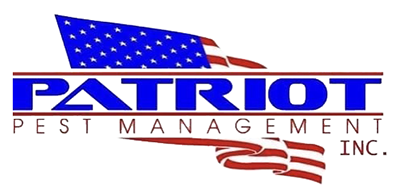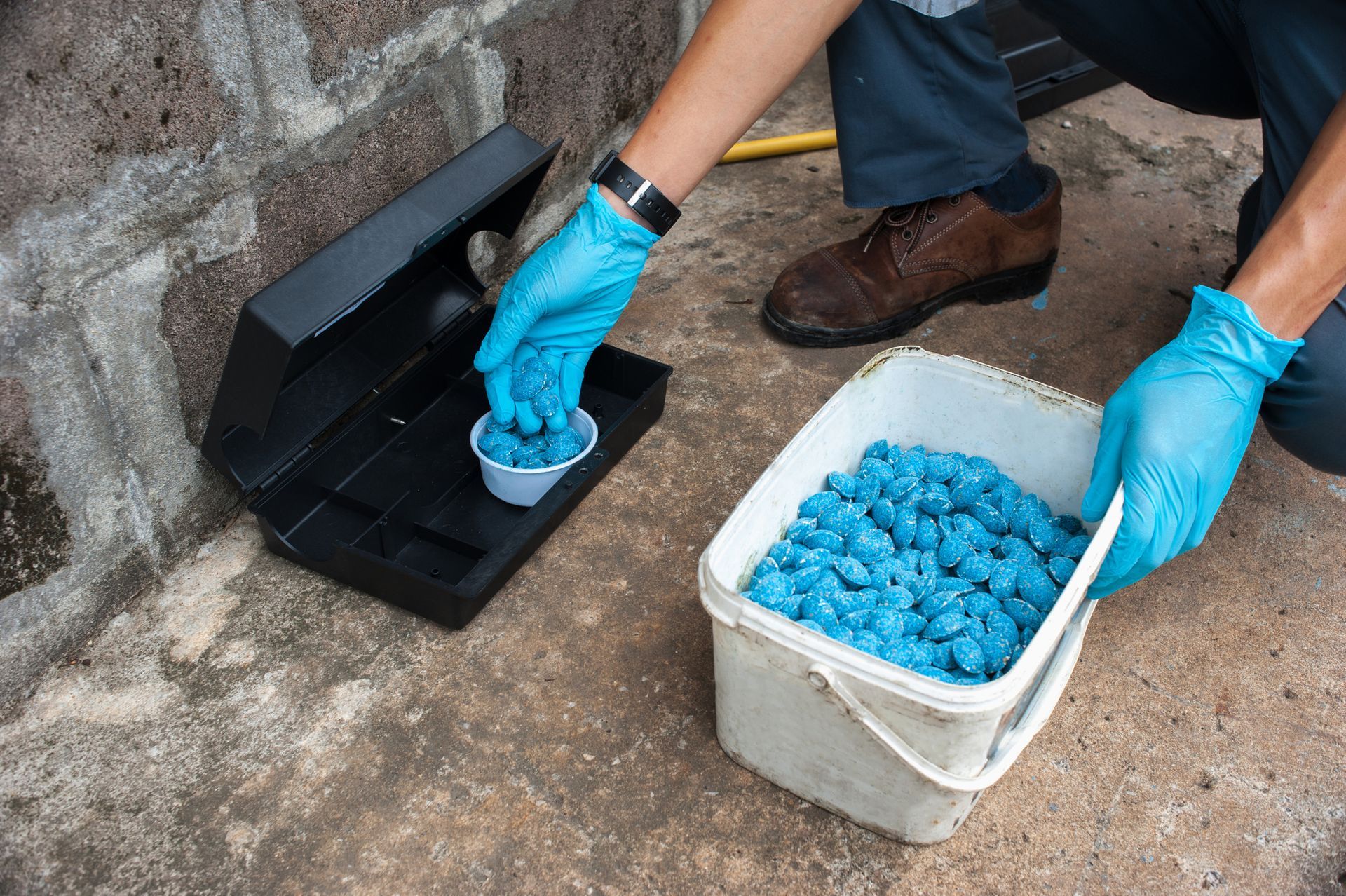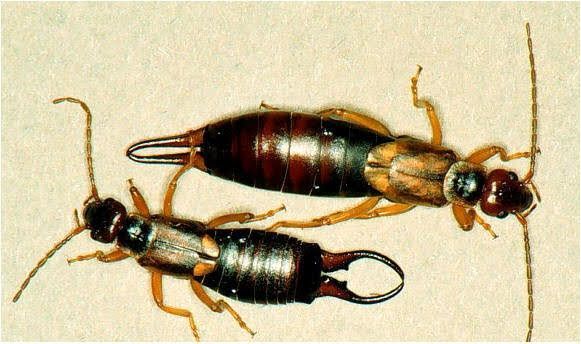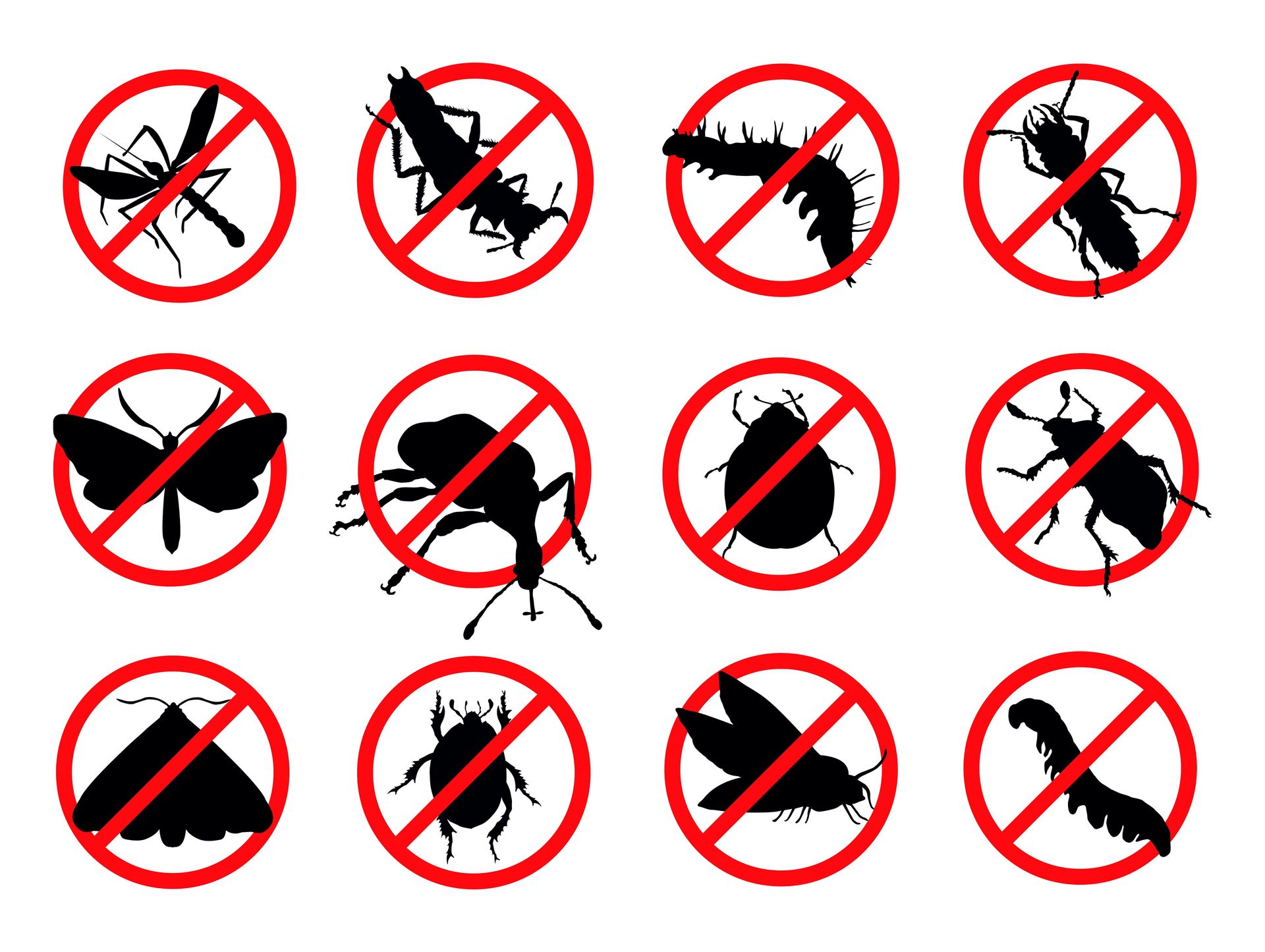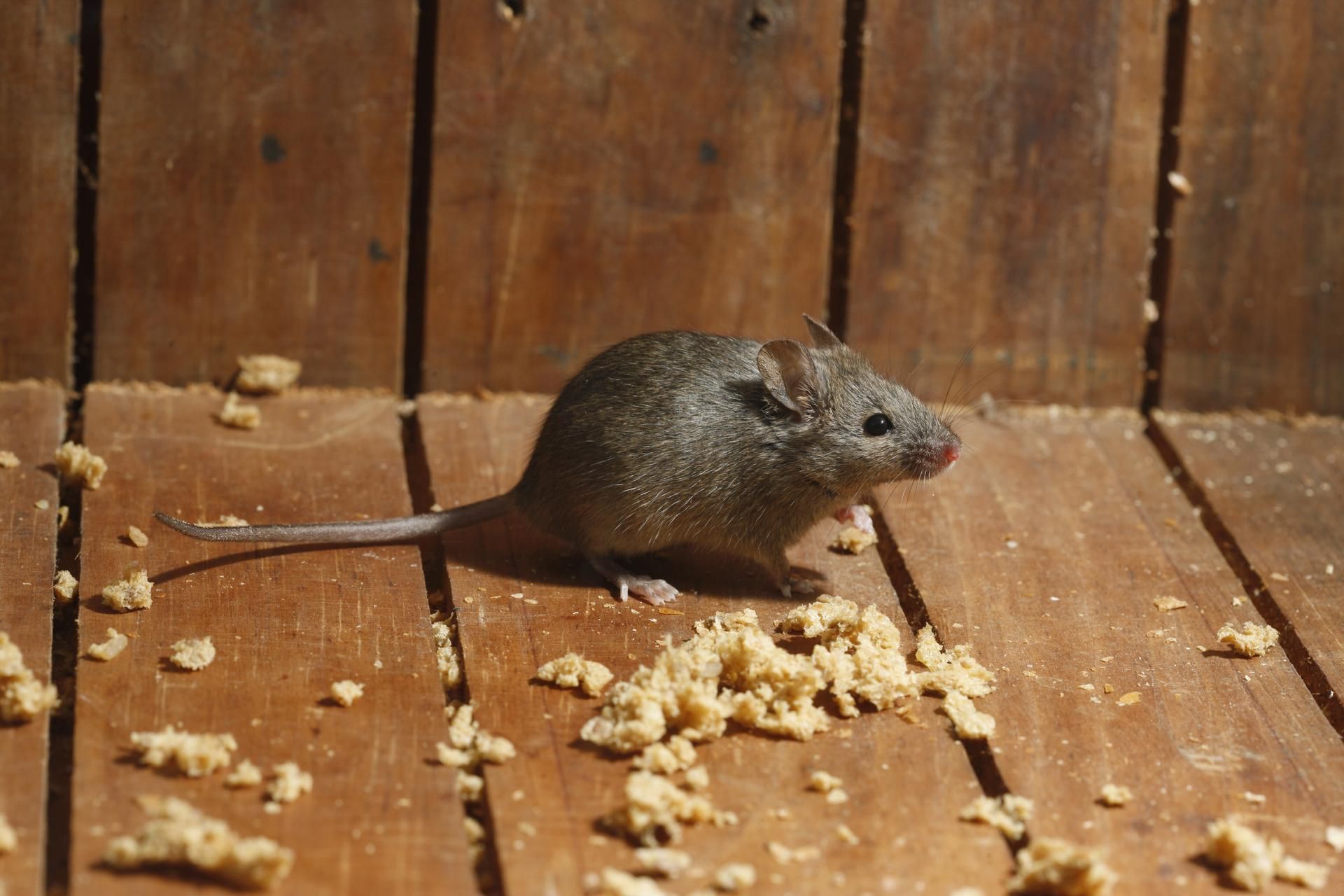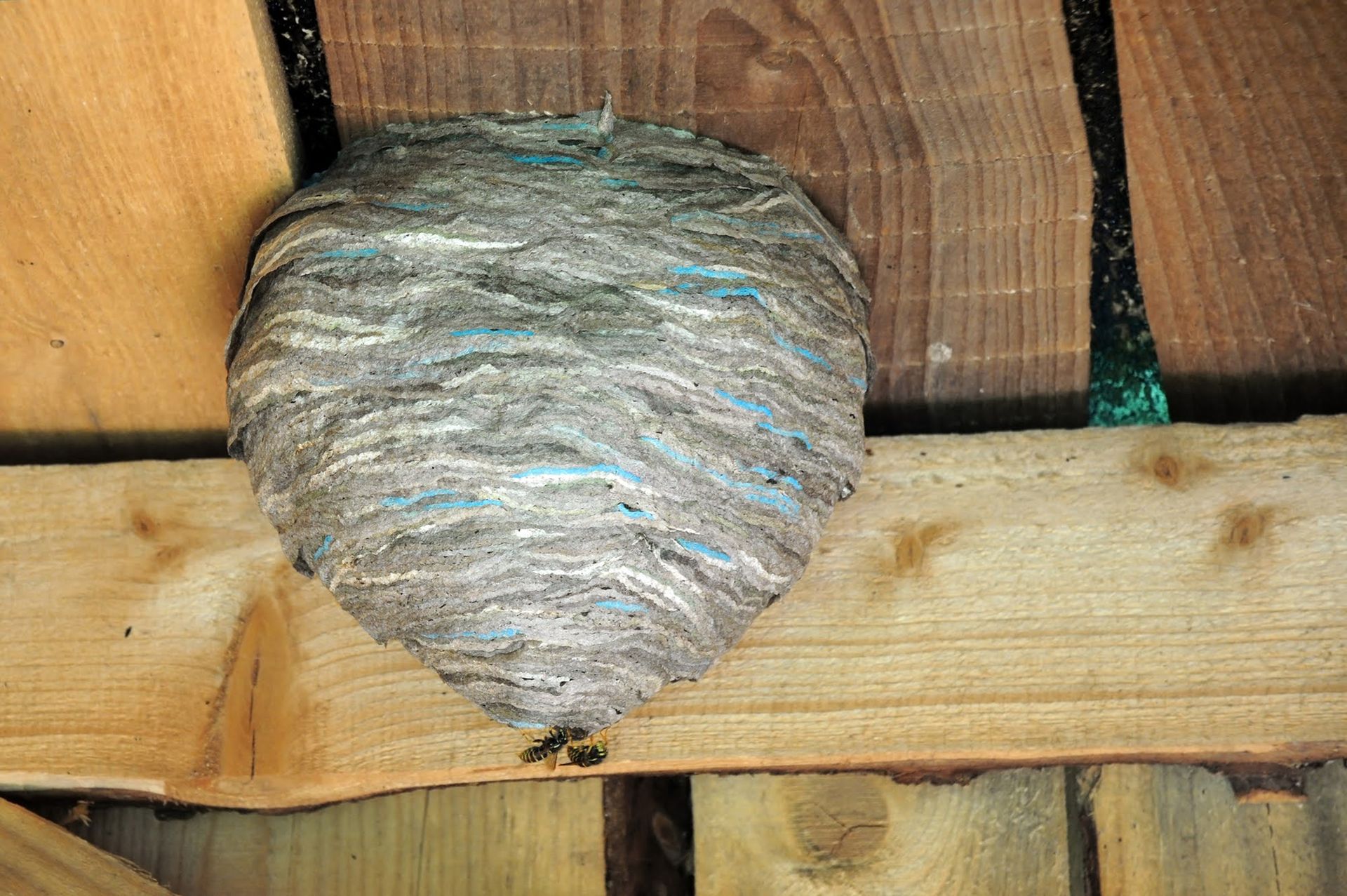How Pests Affect Your Pets

Pests can pose threats to your pet's well-being. From the minuscule but insidious tick to the seemingly harmless ant, various pests can significantly impact the health of our beloved animals. This comprehensive guide aims to understand the risks associated with common pests thoroughly.
Ticks
Ticks are blood-sucking parasites that can transmit various diseases, including Lyme disease, ehrlichiosis, and anaplasmosis. Ticks attached to pets can cause irritation, itching, and skin infections. Moreover, some pets may develop an allergic reaction to tick saliva, exacerbating discomfort.
Ticks are known vectors for Lyme disease, a bacterial infection that can lead to joint pain, lethargy, and, in severe cases, kidney damage. Ehrlichiosis and anaplasmosis, other tick-borne diseases, can result in fever, lethargy, and blood disorders. Swift removal of ticks is crucial to reduce the risk of disease transmission.
Additionally, ticks can cause anemia in pets, particularly in cases of heavy infestation. This occurs as ticks feed on the pet's blood, potentially leading to weakness, pale gums, and lethargy. Checking pets for ticks after outdoor activities is crucial.
Fleas
Fleas infest the fur of animals, leading to itching, scratching, and skin irritation. Flea bites can trigger allergic reactions in some pets, resulting in dermatitis characterized by redness, inflammation, and hair loss.
Moreover, fleas can transmit diseases such as tapeworms and Bartonella (cat scratch fever). When pets ingest fleas during grooming, they may become hosts to these harmful parasites. Fleas are prolific reproducers, with a single female laying hundreds of eggs, leading to rapid infestations if left untreated.
Anemia is another concern, especially in young or small animals, as fleas consume significant amounts of blood. In severe cases, anemia can lead to weakness, lethargy, and pale gums. Additionally, constant scratching can create open sores, making pets susceptible to secondary bacterial infections.
Regular grooming, flea control products, and a clean living environment are essential to protect pets from these persistent pests.
Cockroaches
Beyond being unsightly intruders, cockroaches are carriers of diseases and allergens, impacting human and pet health. Sensitive pets may experience allergies and asthma triggered by exposure to cockroach allergens. Thus, meticulous cleanliness and swift response to pest infestations are critical to mitigate potential health risks to your pets.
Ants
Ants can pose various challenges for pets. One major concern is if ants invade pet food or water bowls. Ants can contaminate these with their presence, feces, or chemical trails, potentially causing digestive issues or allergic reactions in pets. Moreover, some ants, like fire ants, can deliver painful bites or stings that may harm animals, causing discomfort, swelling, or, in rare cases, severe allergic reactions.
Ingesting ants can be problematic as well. Certain ant species secrete substances like formic acid, which can be toxic to pets when consumed in sufficient quantities. Additionally, ants might carry diseases or parasites that can be transmitted to pets during contact. In extreme cases, if many ants invade a pet's living space, this could lead to stress or anxiety for the animal.
Furthermore, ants might build nests where pets frequent, such as gardens or outdoor play areas. Disturbances to these nests can provoke defensive behavior from ants, potentially leading to confrontations and bites.
Mosquitoes
Beyond being a mere nuisance, mosquitoes can transmit diseases like heartworm to pets through their bites. Heartworm disease, if left untreated, can lead to severe consequences, even proving fatal. Safeguarding pets involves using mosquito repellents and ensuring they are consistently on heartworm-prevention medication.
Spiders
While most spiders pose minimal risk to pets, certain species can be venomous, causing pain, swelling, and, in severe cases, difficulty breathing. Awareness of venomous spiders in your area and taking proactive precautions, such as pest-proofing spaces, can significantly reduce the risk of potential spider bites and their associated health implications.
An informed approach to common pests and a commitment to preventive measures contribute to a safe and thriving environment for our cherished pets. Contact Patriot Pest Management Inc. to know how we can help you eliminate any pests in your home.
